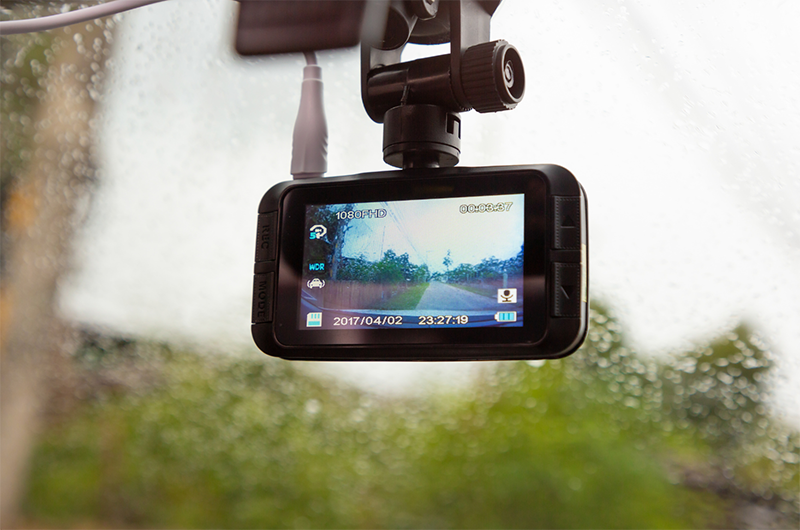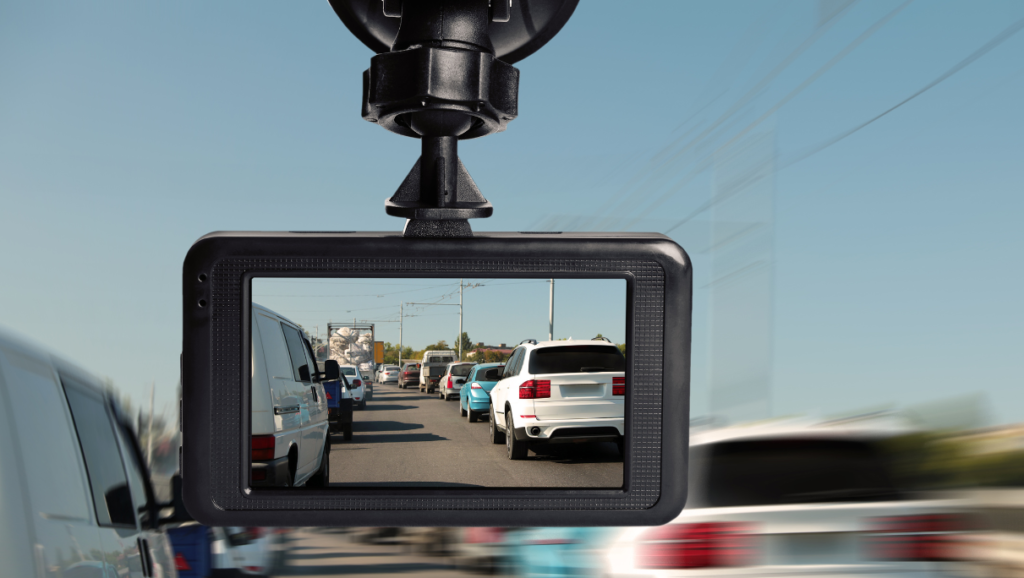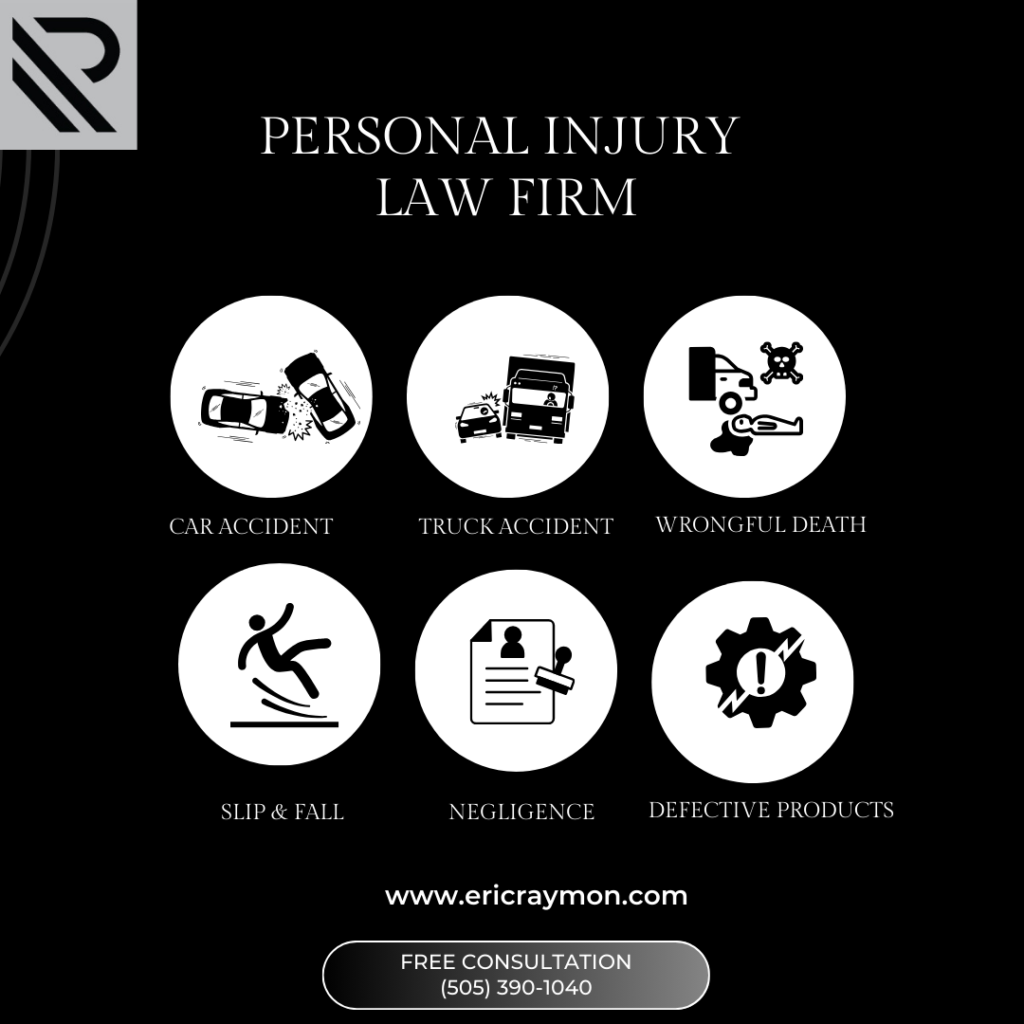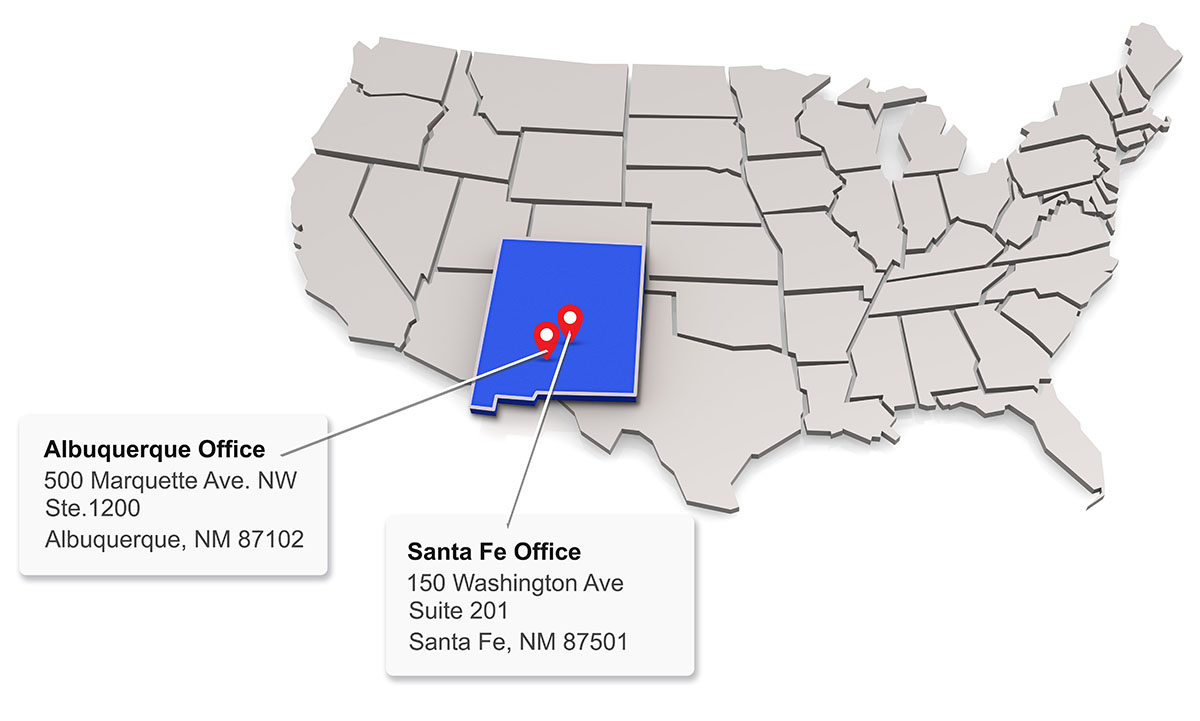Can Dashcam Evidence Be Used Against You in Personal Injury Lawsuit?
Call (505) 531-4211 today for a free case review with a trusted Albuquerque Personal Injury Lawyer. We’ll help you understand how your dashcam may impact your claim and how to use it wisely.
Can Dashcam Evidence Be Used Against You in Personal Injury Lawsuit?

At Raymon Law Group, we regularly help clients review and analyze their dashcam footage after a crash to determine how it can affect their claim. If you’ve been injured in an accident and captured the incident on video, don’t rush to share it with insurers. Instead, speak with a qualified Personal Injury Lawyer who can advise you on how to use, or withhold the footage strategically.
New Mexico Personal Injury lawyer
Dashcams Are a Double-Edged Sword in Injury Cases
It’s true that dashcams often help prove fault and support accident claims. But they can just as easily expose things that may work against you, especially if the insurance company or opposing party gets access to the footage.
In some cases, the dashcam may show actions that reduce your credibility or even shift partial blame to you. Because New Mexico uses a pure comparative negligence rule, even being 10% at fault can reduce your final compensation by 10%.
Here are several ways dashcam footage can backfire in a Personal Injury Lawsuit.
1. Showing That You Were Partially at Fault
One of the most common ways dashcam footage can hurt your case is by revealing that you contributed to the crash. This might include speeding, failing to yield, following too closely, or making a sudden lane change.
Even if the other driver caused the bulk of the accident, any footage that shows you also made a risky move can lower the value of your claim. In New Mexico, the more blame assigned to you, the less compensation you’re entitled to receive.
2. Capturing Distracted or Reckless Driving
Your dashcam may record behaviour that undermines your claim, even if it wasn’t directly responsible for the crash. Examples include:
- Using your phone
- Adjusting GPS or music controls
- Eating or drinking while driving
- Looking away from the road
Insurance companies often use this kind of footage to argue that you weren’t fully focused or were partially responsible for the accident.
3. Recording In-Cabin Audio That Hurts Your Case
Many dashcams record audio inside the vehicle. If you say something like “I didn’t see them” or “That was my fault,” the other party’s lawyer may use that statement against you. Even innocent comments made in shock or frustration can be twisted to imply guilt or responsibility.
In some cases, passengers may say things that also contradict your version of the accident. These recordings can come back to haunt you if taken out of context.
4. Contradicting Your Statement to Police or Insurance
If you’ve given an official statement to police or your insurance company and the dashcam footage shows something different, that can hurt your credibility. Any inconsistency, even small ones, can give the other side room to challenge your version of events.
In court, credibility is everything. One contradiction between your statement and your dashcam can make it harder for your Personal Injury Attorney to defend your position.
5. Recording Previous Incidents or Driving Patterns
Some dashcams record in loops and store footage from earlier drives. If the opposing side gains access to your device, they might find footage from previous trips that show speeding, running red lights, or other risky driving behaviour.
Even if that footage isn’t related to the current accident, insurance companies might use it to portray you as a generally unsafe driver, casting doubt on your claim.
6. Revealing That Injuries May Be Less Severe
After a crash, your dashcam might capture you getting out of the car without assistance or walking around with no visible discomfort. If your Personal Injury Lawsuit includes claims of serious injury or mobility issues, that video may be used to downplay your condition.
Injury symptoms often don’t appear until hours or days later, but that’s not always clear on camera. Insurance adjusters may argue that your behaviour right after the crash contradicts your medical report.
7. Traffic Violations on Display
Even a simple traffic infraction, like a rolling stop, a missed signal, or driving over the centre line, can be enough to reduce your claim. If it’s on video, it’s hard to dispute, and insurers will use it to argue partial responsibility.
In New Mexico, this could significantly reduce your final payout, even if the other driver was mostly at fault.
8. Seatbelt Footage Weakens Your Case
Dashcams sometimes show parts of the interior of the car, including whether you were buckled up. If you weren’t wearing a seatbelt, the defence might claim your injuries were worse because of it, even if someone else caused the crash.
That argument can reduce the amount you’re owed, or in rare cases, lead to a denial of some damages altogether.
9. Misunderstood Actions After the Crash
If the dashcam records you driving off after the crash, even if just to find a safer parking spot, it might be spun as evidence that you fled the scene. This can raise suspicion about your intent or your condition at the time of the accident.
Misinterpretation of actions like these can delay your case or lead to unwanted scrutiny during the investigation.
10. Proof of Driving Without a Licence or Insurance
In some cases, dashcam footage helps confirm the time, date, and details of an accident, but also reveals that the driver didn’t have valid insurance or a driver’s license at the time. This can complicate your entire claim.
Not only can this hurt your credibility, but it may also impact what kinds of damages you’re eligible to recover, depending on the situation.
11. Incomplete or Edited Video Raises Doubts
Insurance companies and defence attorneys may accuse you of editing the footage if part of it is missing or corrupted. If there’s any gap or tech issue, they might claim you’re hiding something.
This kind of doubt even if baseless, can cast a shadow over your entire case and be used to stall or reduce your claim.

How to Handle Dashcam Footage After a Crash
If your dashcam captured the accident, your next steps matter. Don’t rush to turn over the footage to anyone, especially an insurance company. Instead:
- Secure the footage immediately by copying it to a separate device or cloud storage
- Do not edit or delete anything—altered footage may be inadmissible in court
- Consult a personal injury law firm before sharing the footage with any third party
New Mexico Personal Injury lawyer
Final Thoughts: Dashcams Are Powerful but Not Always in Your Favor
Dashcams can make or break a Personal Injury Lawsuit in Albuquerque. What seems like harmless video can quickly become a liability when the footage is incomplete, unclear, or shows you in a bad light. That’s why it’s critical to speak to a law firm that knows how to review, handle, and present dashcam evidence properly.
At Raymon Law Group, our Personal Injury Attorneys know exactly how dashcam footage is used by insurance companies and how to protect our clients from having it turned against them. We review dashcam recordings carefully to determine what helps and what may harm your case. If you’ve been in an accident and have dashcam video, don’t take chances.



